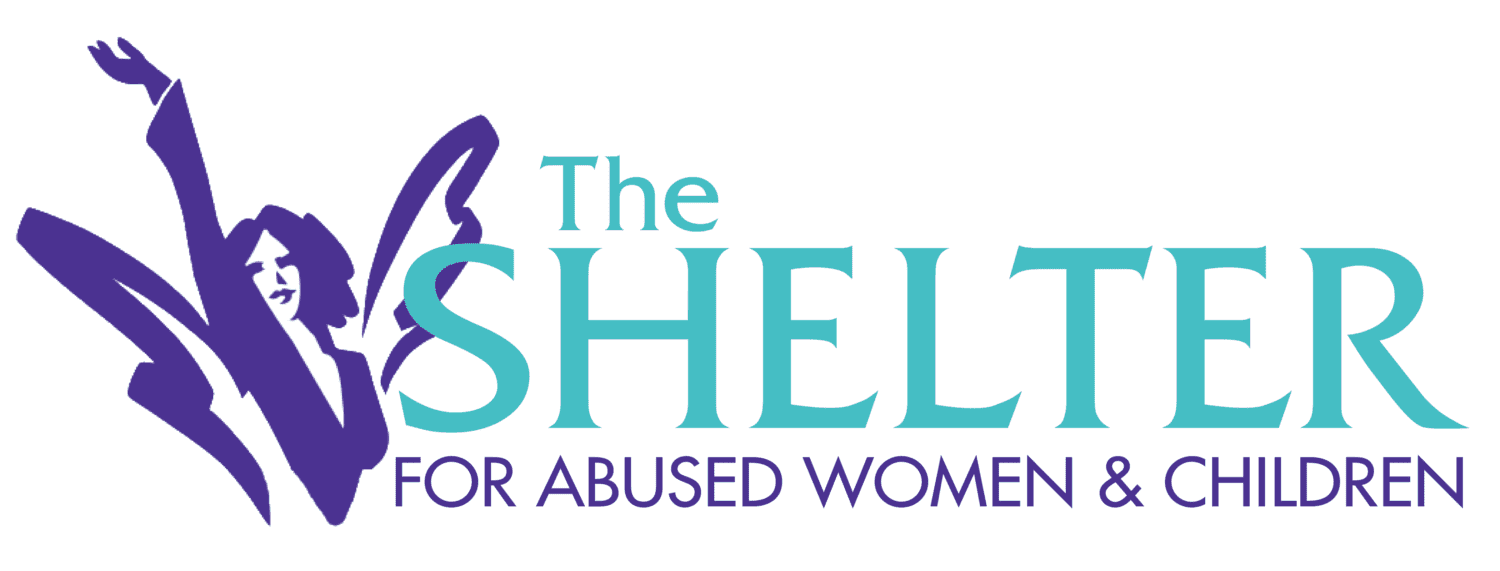
 Lawmakers’ unanimity should inspire rest of us
Lawmakers’ unanimity should inspire rest of usThank you to the National Coalition Against Domestic Violence for this excellent piece.
Myth: You deserve the abuse—you did something to provoke your partner.
For Real: No one deserves to be abused. This is victim-blaming mentality, which focuses on the survivor’s behavior instead of the perpetrator’s. Whether it’s coming home late, wearing something “unapproved” or forgetting to put gas in the car, abuse is never warranted. Making you feel like you deserved the abuse is a way for an abusive partner to avoid accountability by shifting the blame to you. Other ways of not taking responsibility: blaming the relationship, childhood, health problems, substance abuse, children, etc.
Myth: You enjoy or are addicted to the abuse—otherwise you’d leave.
For Real: Leaving is easy, right? You can just pack your things, walk out the door and never come back. Wrong. Leaving is the most unsafe time in the relationship for a survivor. As the abusive partner feels the loss of power and control, he or she may act out in dangerous ways to regain control. Furthermore, the survivor’s self-esteem has been beaten down and in turn, he or she may feel worthless, unlovable and dependent. Divorce, children, a safe place to stay and finances can also factor in when trying to leave. No one enjoys being intimidated, threatened, humiliated or beaten by anyone, let alone the person who is supposed to love them.
Myth: You knew what you were getting into.
For Real: Abusive partners often wear a façade in public; they aren’t who they pretend to be behind closed doors. They may be friendly and respected in the community and only at home do they display abhorrent behavior. This is confusing for survivors because they may feel that if they talk about the abuse, they won’t be believed. Also, in the beginning stage of a relationship (honeymoon phase) an abusive partner can be anything but abusive—there may beflowers, compliments and jewelry. It’s not until he or she feels comfortable, powerful and in control that the abuse can come out. And when the tactics do surface, they often start out small and are usually hard to recognize. Little things like “suggesting” which outfit to wear and isolating by sabotaging efforts to be with friends and family.
If you or a loved one is affected by domestic violence, contact The Shelter’s Crisis Line at (239) 775-1101.

 Lawmakers’ unanimity should inspire rest of us
Lawmakers’ unanimity should inspire rest of us